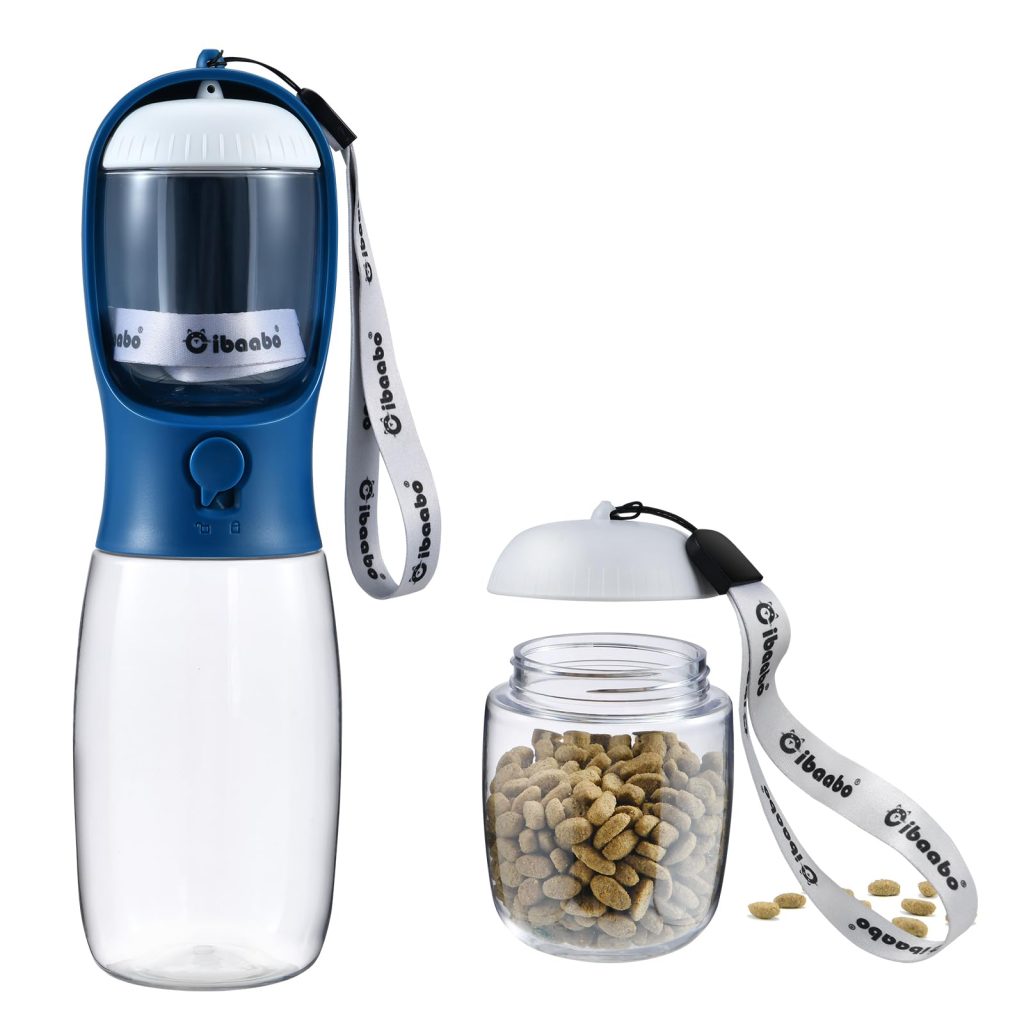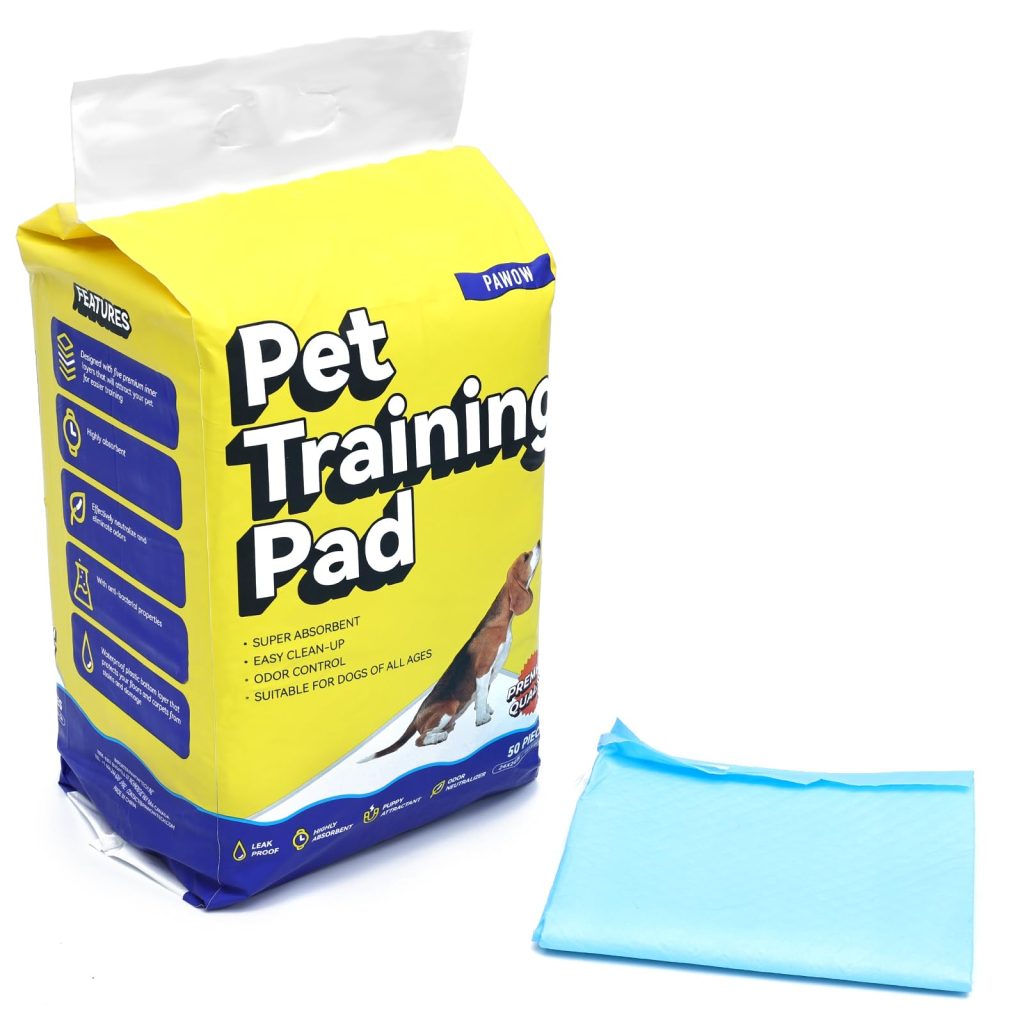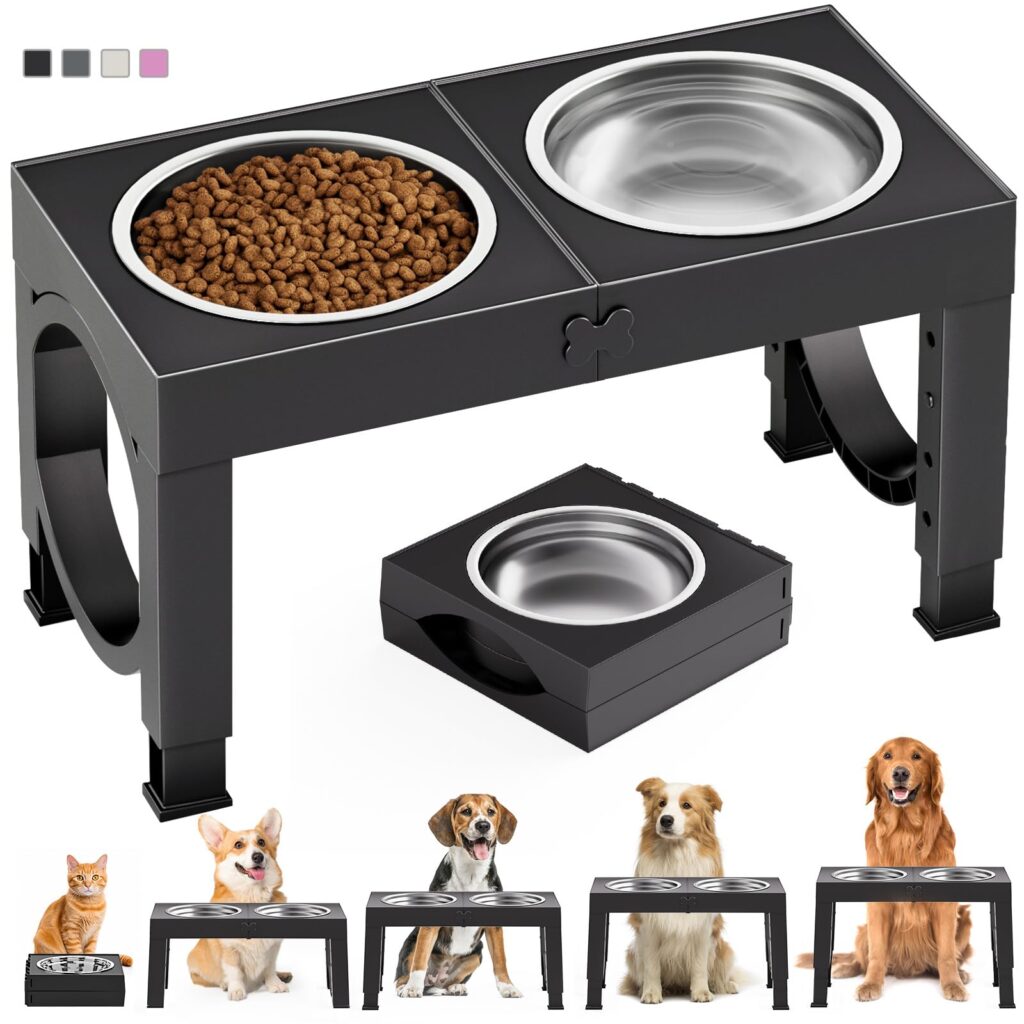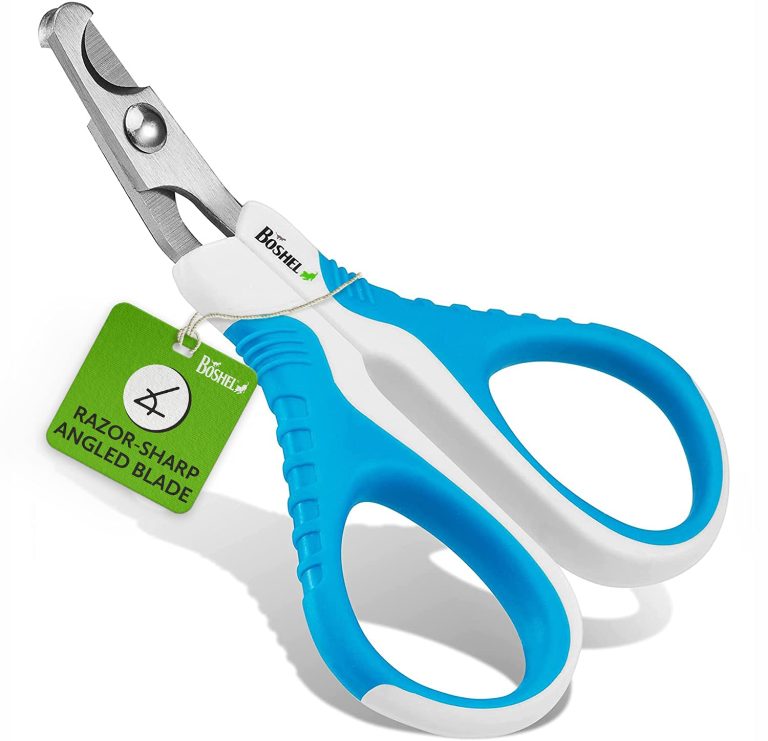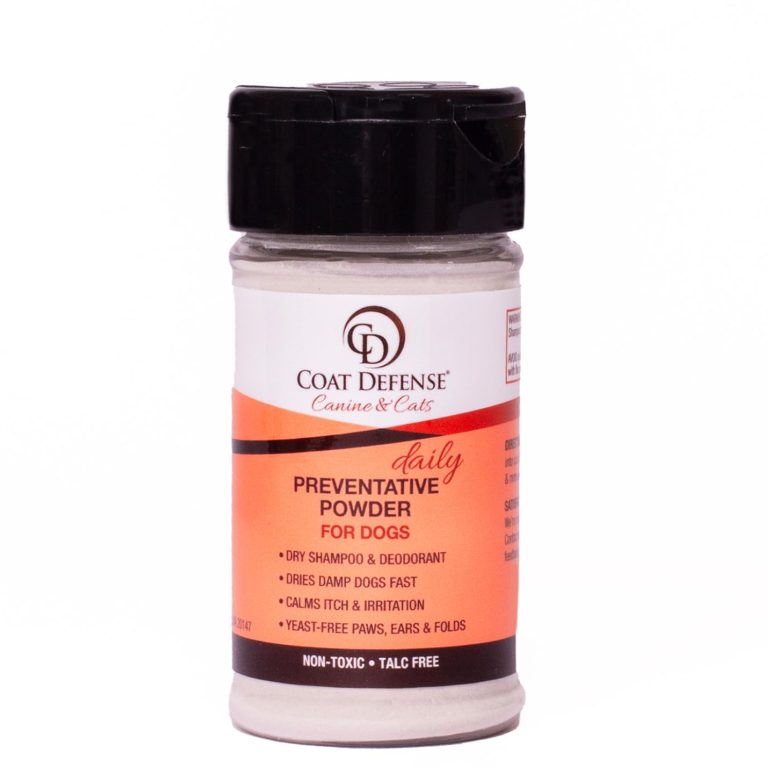A Guide to Portion Sizes for Dogs: Avoiding Overfeeding

As responsible dog owners, it’s important to ensure that our furry friends receive a well-balanced diet to promote their overall health and well-being. Just like humans, dogs require a combination of essential nutrients to support their growth and development, maintain a healthy weight, and keep their organs functioning optimally. One key factor in achieving that is managing portion sizes to prevent overfeeding and its associated health risks.
A Balanced Diet: The Foundation for Canine Nutrition
A balanced diet for dogs should consist of the right balance of protein, carbohydrates, fats, vitamins, and minerals. Each nutrient plays a vital role in their overall health, and an imbalance can lead to deficiencies or excesses that result in health problems. Here are the essentials:
Protein
Protein is a important component of a dog’s diet as it supports muscle development, repairs tissues, and aids in enzymatic reactions. Good sources of protein include high-quality meats like lean chicken, turkey, beef, or fish. Plant-based proteins from legumes or soy can also be suitable options for certain dogs.
Carbohydrates
Carbohydrates provide the necessary energy for dogs’ daily activities. While dogs are primarily carnivorous, a small portion of carbohydrates is essential to maintain a healthy digestive system. Opt for complex carbohydrates like whole grains (brown rice, quinoa) and fruits and vegetables (sweet potatoes, peas, carrots). Avoid simple carbs found in processed foods as they can lead to weight gain and digestive issues.
Fats
Fats are a concentrated source of energy for dogs and help maintain healthy skin, hair, and cell function. Look for healthy fats such as those from fish oil or plant-based oils like olive or flaxseed oil. Avoid saturated fats from processed foods, as they can lead to obesity and various health problems.
Vitamins and Minerals
Vitamins and minerals are essential for supporting dogs’ various bodily functions. While a balanced diet usually provides sufficient amounts, specific vitamins like vitamin C (found in fruits) and vitamin D (from sunlight exposure or supplements) may need additional attention. Minerals like calcium (for bone health) and iron (for healthy blood cells) should also be incorporated into their diet.
Dietary Needs for Different Life Stages and Breeds
It is important to recognize that the nutritional needs of dogs may vary depending on their life stage and breed. Puppies require a higher amount of protein and energy to support their growth, while senior dogs may benefit from diets that are lower in calories to prevent obesity and support joint health. Large breed puppies also have specific calcium and phosphorus requirements to promote proper bone development.
Breeds with specific health concerns, such as those prone to allergies or joint problems, may require specialized diets designed to address those issues. Consulting with a veterinarian can help determine the best diet plan for your dog’s specific needs. Regular monitoring of weight, body condition, and overall health is essential to make necessary adjustments as your dog ages or if their health conditions change.
Avoiding Overfeeding: The Importance of Portion Sizes
Preventing overfeeding is important in maintaining a healthy weight for your dog. Overfeeding can lead to obesity, which predisposes dogs to various health conditions such as diabetes, joint problems, and heart disease. It’s often challenging to estimate the correct portion size by eye, as dogs’ dietary needs depend on factors like age, activity level, metabolism, and overall health.
One way to determine appropriate portion sizes is by consulting the feeding guidelines on commercial dog food packaging. These guidelines provide a starting point, but it is important to think your dog’s unique needs and adjust accordingly. Monitor your dog’s weight and body condition regularly, and consult with your veterinarian to ensure you’re meeting their specific nutritional requirements.
Homemade Diets: An Alternative Approach
Some dog owners prefer to prepare homemade diets to have more control over the ingredients and portion sizes. While homemade diets can be an excellent alternative, it’s essential to ensure they are nutritionally balanced. Consultation with a veterinary nutritionist is highly recommended to formulate a well-balanced homemade diet that meets your dog’s specific needs. It is important to note that homemade diets may require more time, effort, and specialized knowledge compared to commercial pet foods.
Note: Before changing your dog’s diet or implementing any homemade diet, it’s important to consult with your veterinarian or a veterinary nutritionist to avoid potential nutritional imbalances or health risks.
Proper nutrition is fundamental for your dog’s overall health and well-being. A well-balanced diet, consisting of the right combination of protein, carbohydrates, fats, vitamins, and minerals, is essential. Adjusting portion sizes according to your dog’s life stage, breed, activity level, and health conditions is important to prevent overfeeding and maintain a healthy weight. Whether you choose commercial pet foods or homemade diets, consulting with a veterinarian or veterinary nutritionist ensures that your dog’s nutritional needs are met effectively. By practicing good portion control and providing a balanced diet, you can help promote the longevity and vitality of your furry companion.
